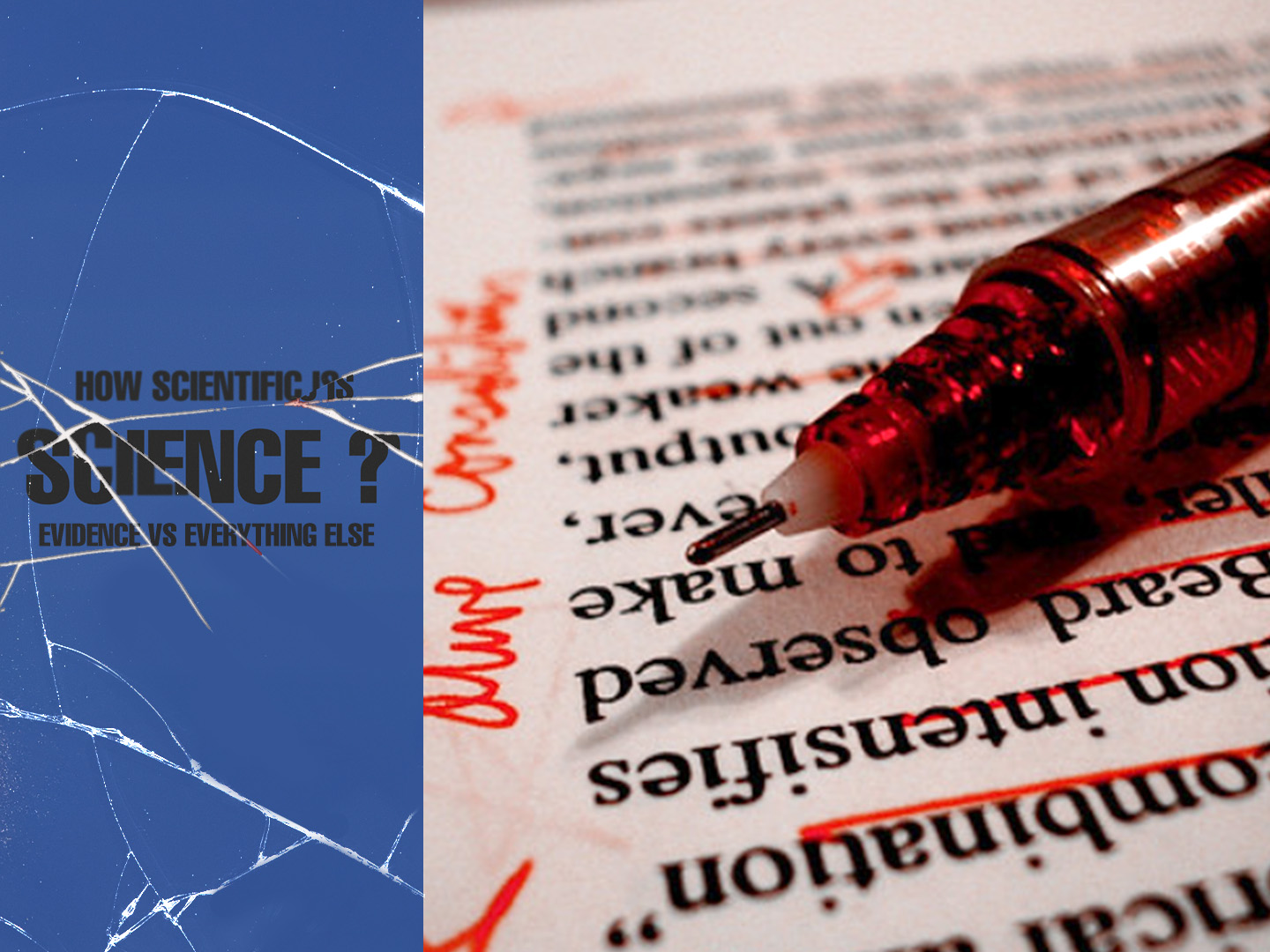This post did not contain any content.
P
pro@programming.dev
@pro@programming.dev
Posts
-
Separated men are nearly 5 times more likely to take their lives than married men -
Health-impaired world leaders raise nuclear war fearsThis post did not contain any content. -
Fossil discovery reveals ancient giant marine reptile relied on stealth while hunting in darknessThis post did not contain any content. -
Big City Lights Could Be Damaging Your Heart HealthThis post did not contain any content.
Personal night light exposure predicts incidence of cardiovascular diseases in >88,000 individuals
medRxiv - The Preprint Server for Health Sciences
medRxiv (www.medrxiv.org)
-
Study shows a link between obesity and what’s on local restaurant menusThis post did not contain any content.
Study shows a link between obesity and what’s on local restaurant menus
An MIT-led study of three major global cities examines millions of restaurant menu items and concludes that having fewer and less nutritional eating options nearby correlates with obesity and other health outcomes.
MIT News | Massachusetts Institute of Technology (news.mit.edu)
-
Do you need informed consent to study public social media posts? A Reddit mental health study retraction renews debate over consent in public data research.This post did not contain any content. -
People Believe If 90% Prefer A over B, A Must Be Much Better than B. Are They Wrong?This post did not contain any content. -
Fascinating, but does it replicate?This post did not contain any content.
Fascinating, but does it replicate? | Particle
The replication crisis is undermining scientific trust.

Particle (particle.scitech.org.au)
-
Aging: Chronic inflammation is associated with industrialized lifestylesThis post did not contain any content. -
Health Trade-Offs of Boiling Drinking Water with Solid Fuels: A Modeling StudyThis post did not contain any content. -
Health and Economic Outcomes of Providing Stable Housing to Homeless Adults With opioid use disorderThis post did not contain any content. -
Immediate online access to medical test results can feed ‘scanxiety,’ study saysThis post did not contain any content. -
An exercise drug?This post did not contain any content. -
A T. rex with feathers? Scientists say dinosaurs were likely different from what most of us pictureThis post did not contain any content. -
Study finds some sea slugs consume algae, incorporate photosynthetic parts into their own bodies to keep producing nutrientsThis post did not contain any content. -
Got emotional wellness app? It may be doing more harm than good.This post did not contain any content.
Got emotional wellness app? It may be doing more harm than good. — Harvard Gazette
Study sees mental health risks, suggests regulators take closer look as popularity rises amid national epidemic of loneliness, isolation.

Harvard Gazette (news.harvard.edu)
-
Research reveals how AI is becoming a new social presence that could change human relationships and brain functionsThis post did not contain any content. -
“Anxious Monday” effect: chronic stress hormone surge linked to start of week in older adultsThis post did not contain any content. -
“Dark” personality thrives in societies with corruption and inequalityThis post did not contain any content. -
Increasing Wildfires in Canada and Siberia Will Actually Slow Global Warming.This post did not contain any content.